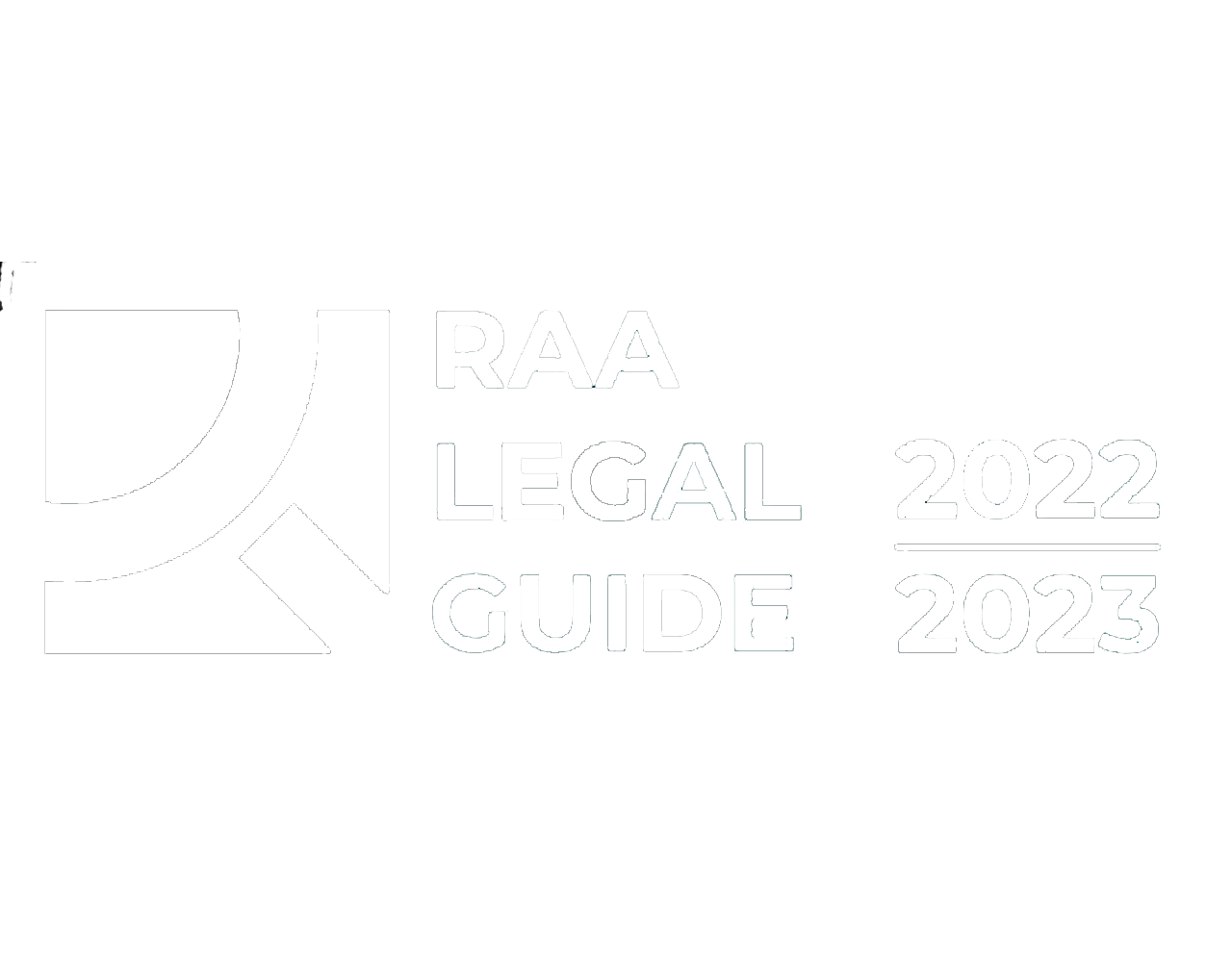Cassation canceled the decisions of the courts of first and appeal instances on the exclusion from the bankruptcy estate of the only housing and sent the dispute for a new consideration
The Debtor registered himself during the bankruptcy period, and also registered 6 relatives in the house. In the statement of claim the Debtor insisted that the house was the only one suitable for him and his family to live in and was not subject to inclusion in the bankruptcy estate. Lawyers managed to prove that the disputed property exceeds the minimum area of residential premises, which should be provided to the debtor and his family members.
Also, in the court of cassation, it was possible to prove that the debtor and his relatives committed unfair actions during the period of challenging the transaction for donating a residential building. The court of cassation stressed that the members of the family of the owner of the dwelling are his spouse living together with the owner in the dwelling belonging to him, as well as the children and parents of this owner. Other relatives, disabled dependents and, in exceptional cases, other citizens may be recognized as members of the owner’s family if they are moved in by the owner as members of his family.
The court also noted that the registration of a person at the place of residence at the request of the owner of the residential premises or its absence is not a determining factor for resolving the issue of recognizing him as a family member of the owner of the residential premises.
The dispute has been sent for retrial.














